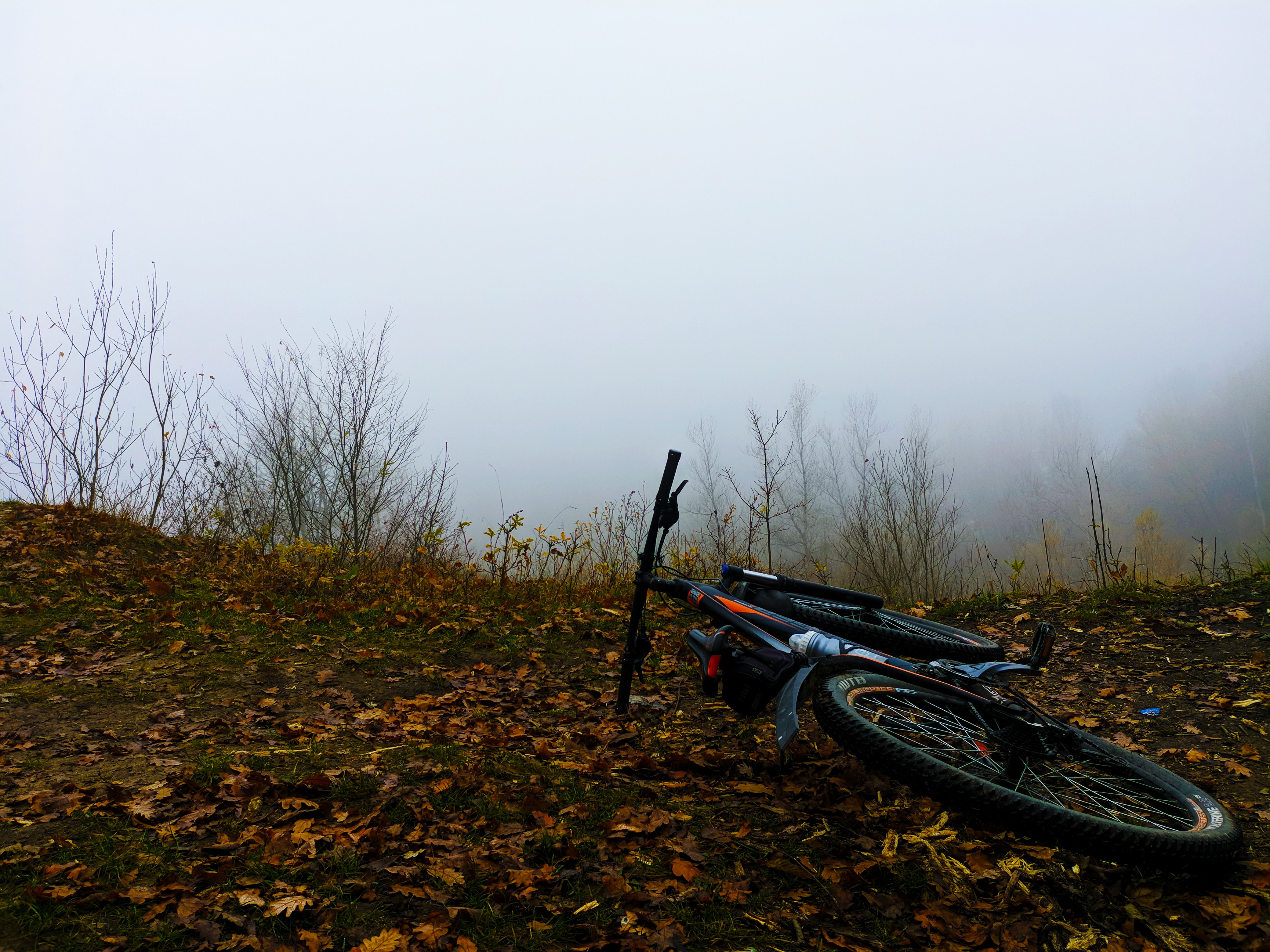Maybe it was a mistake.
Riding with three strong dudes for 70 miles. Biting the stem of my bike trying to hold on. Completely destroying my legs for the rest of the week may have been a bad idea but A. It was beautiful outside and I didn’t want to be on the trainer. B. I liked who I was riding with.
So it begs the question: Do we stay antisocial to stick to our training plans or do we throw our plans out the window in exchange for quality time with friends?
Well, that’s up to you (and your coach).
I chose to hang out with people and I don’t regret it. My legs are still fatigued after four days though and I know that’s hindering my other training workouts. I also don’t want to overreach and end up overtrained which can lead to a plethora of issues.
Overtraining Syndrome
Training requires us to overload our body in order for it to get stronger but too much overload without enough rest can lead to Overtraining Syndrome. Here’s a chart that breaks out functional overreaching, nonfunctional overreaching, and overtraining syndrome.
| Term | Synonym | Definition | Performance Decrement | Outcome |
| Functional Overreaching | Short-term overreaching | Increased training leading to a temporary performance decrement and with improved performance after rest. | Days to weeks | Positive (super- compensation) |
| Nonfunctional overreaching | Long-term overreaching | Intense training leading to a longer performance decrement but with full recovery after rest; accompanied by increased psychologic and/or neuroendocrinologic symptoms | Weeks to months | Negative due to symptoms and loss of training time |
| Overtraining syndrome | Consistent with extreme nonfunctional overreaching but with (1) longer performance decrement (> 2 months), (2) more severe symptomatology and maladapted physiology (psychologic, neurologic, endocrinologic, immunologic systems), (3) and an additional stressor not explained by other disease | Months | Negative due to symptoms and possible end to athletic career |
So what does this mean? Functional overreaching is great! When we push ourselves just a little over the edge and follow it with rest, our body has to overcompensate and rebuilds stronger. Functional overreaching is imperative for breakthroughs and becoming stronger.
On the other hand, nonfunctional overreaching is when you continually push yourself over the edge and don’t give your body enough time to recover and rebuild. That’s like when you go out day after day, continually hammering or PR’ing, without any proper recovery or rest. Nonfunctional overreaching is what leads to overtraining.
Overtraining Syndrome is detrimental to your health. Symptoms of overtraining syndrome include:
| Parasympathetic Alterations | Sympathetic Alterations | Other |
| Fatigue | Insomnia | Anorexia |
| Depression | Irritability | Weight Loss |
| Bradycardia | Agitation | Lack of mental concentration |
| Loss of motivation | Tachycardia | Heavy, sore, stiff muscles |
| Hypertension | Anxiety | |
| Restlessness | Awakening unrefreshed |
If you start to experience any of these symptoms, get thee to a doctor. If you notice your performance is suffering even though you’ve been training and you’re tired all the time, it’s likely you’re tipping into that Overtraining Syndrome point. Bicycling Magazine has a great guide that lists signs for OTS also.
They list:
- You can’t sleep
- Your heart rate changes drastically
- You get dropped on an easy ride
- You haven’t taken a break in a long time
- You keep getting sick
- Your appetite is off
- You keep getting hurt
In the article, Matt McNamara says that it’s difficult to become overtrained if you’re riding less than 15 hours a week. I’m definitely riding less than 15 hours a week so at least there’s that.
I do monitor my resting heart rate for either really low or really high bpm. If my legs feel more fatigued than usual and I know I’m starting to overreach, I’ll dial my training back a bit by doing a recovery ride instead or skipping a workout entirely if I’m not hitting numbers I normally can.
One day of major fatigue isn’t a big deal. It’s worrisome if it’s day after day and you’re not getting better.
Thanks to my patrons who make my writing possible. You can become part of our club here:
Become a Patron!
Hyph777bet…Alright, let’s be honest, it’s tempting, right? Gotta be responsible though, eh? Play smart, friends. Here it is, if you wanna take a look: hyph777bet. Good luck & play responsibly!